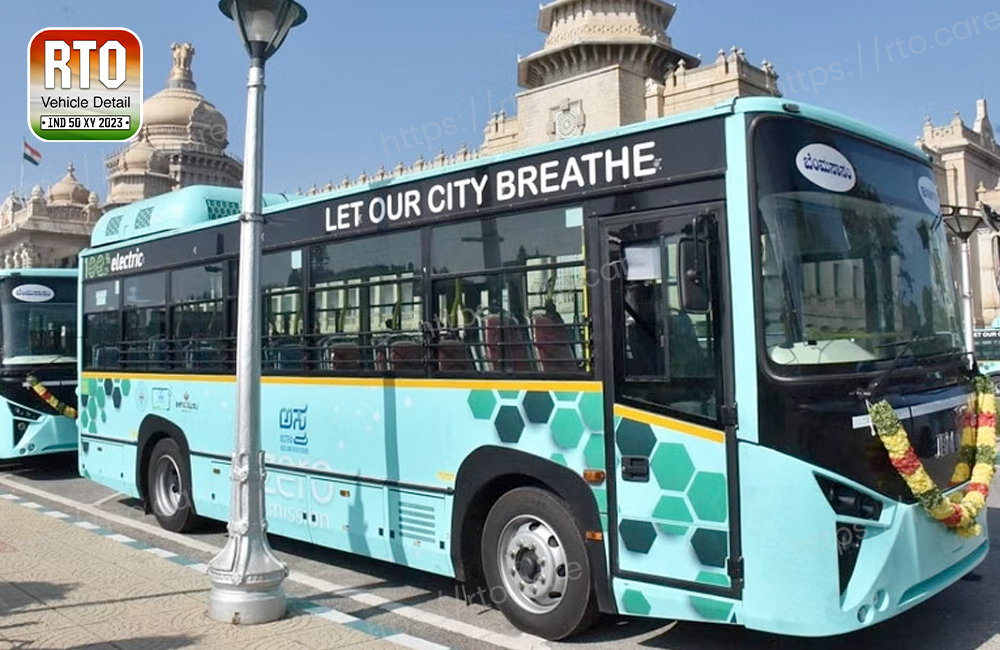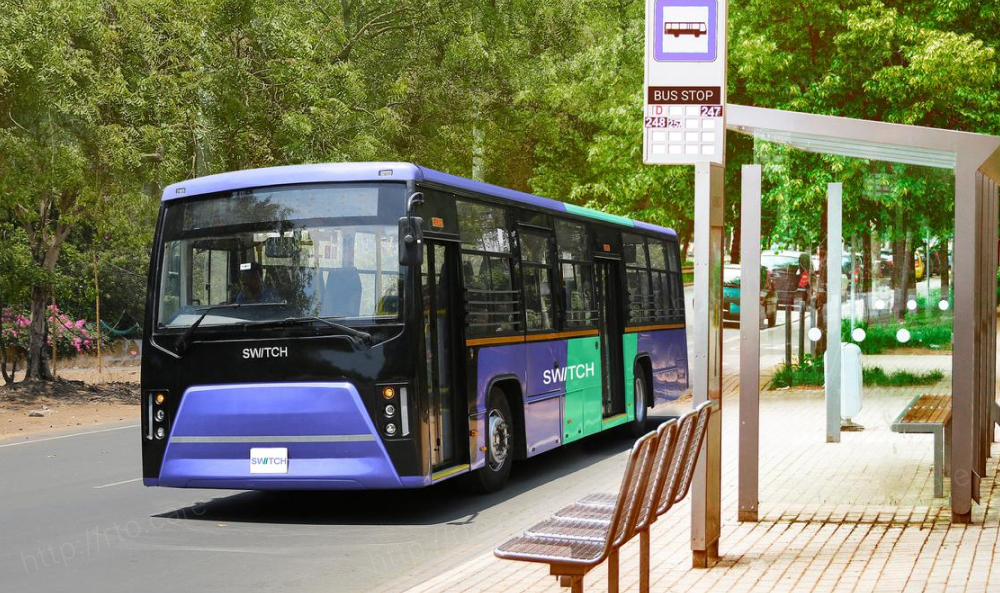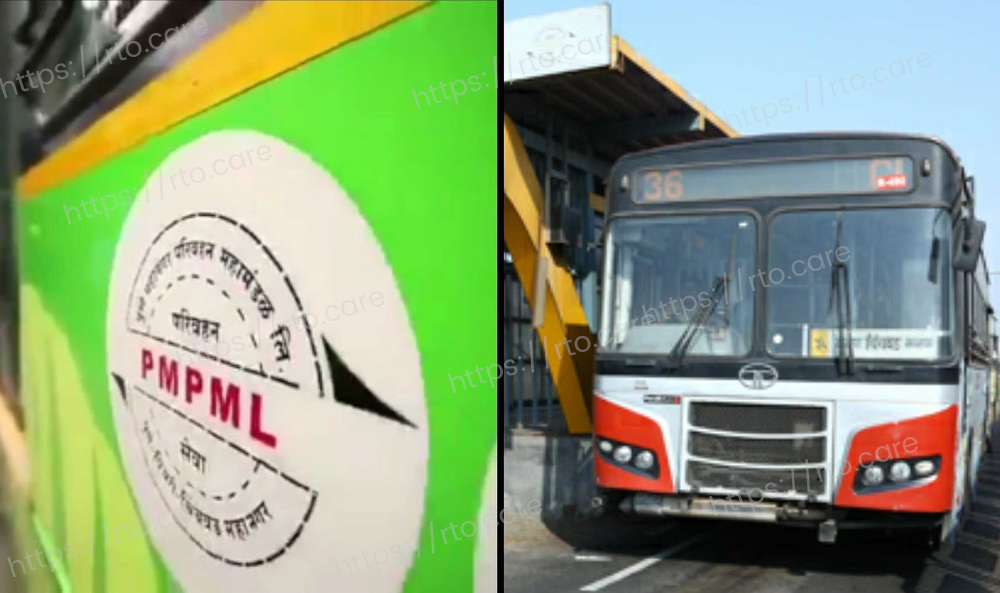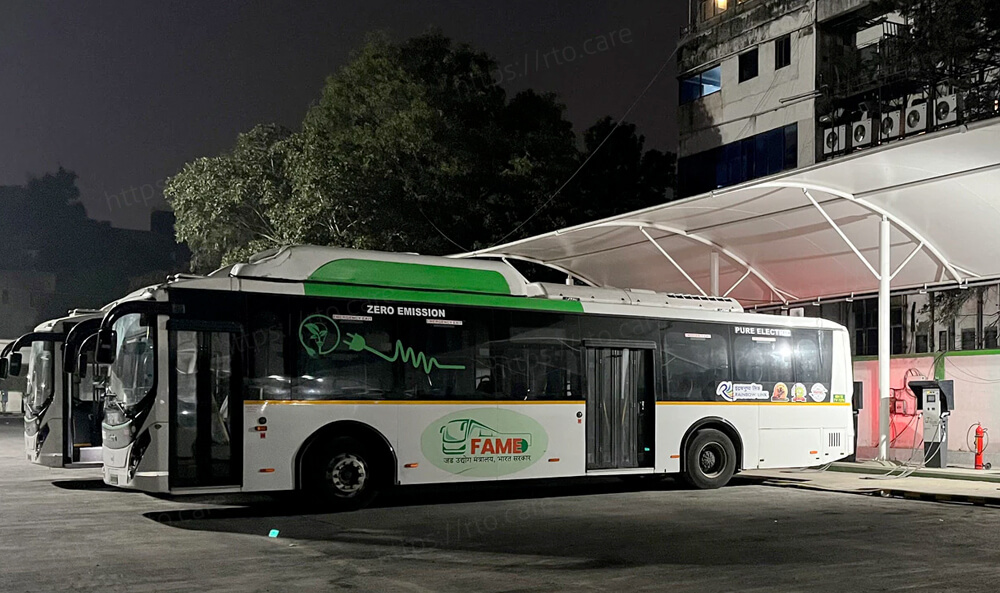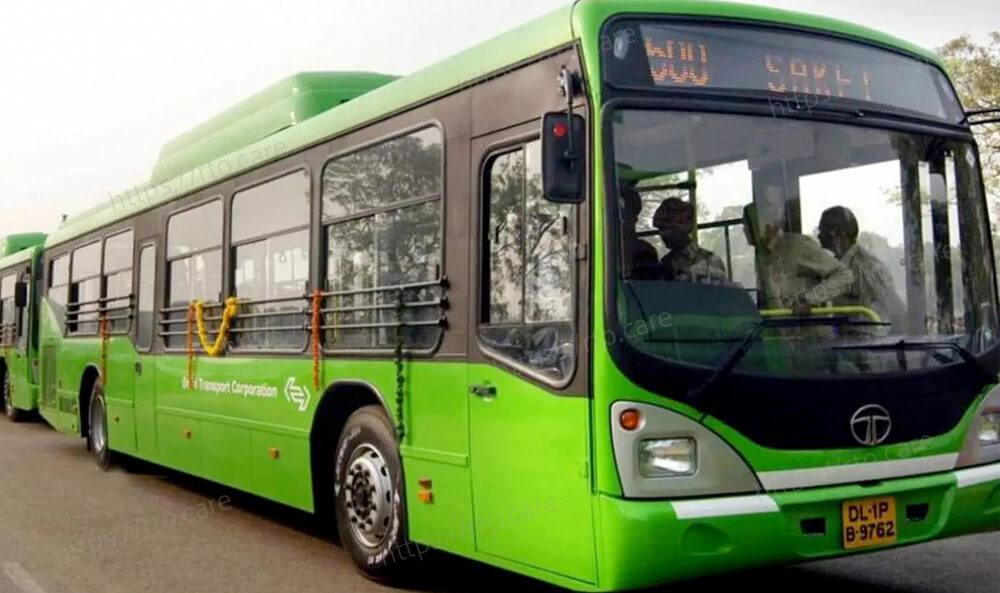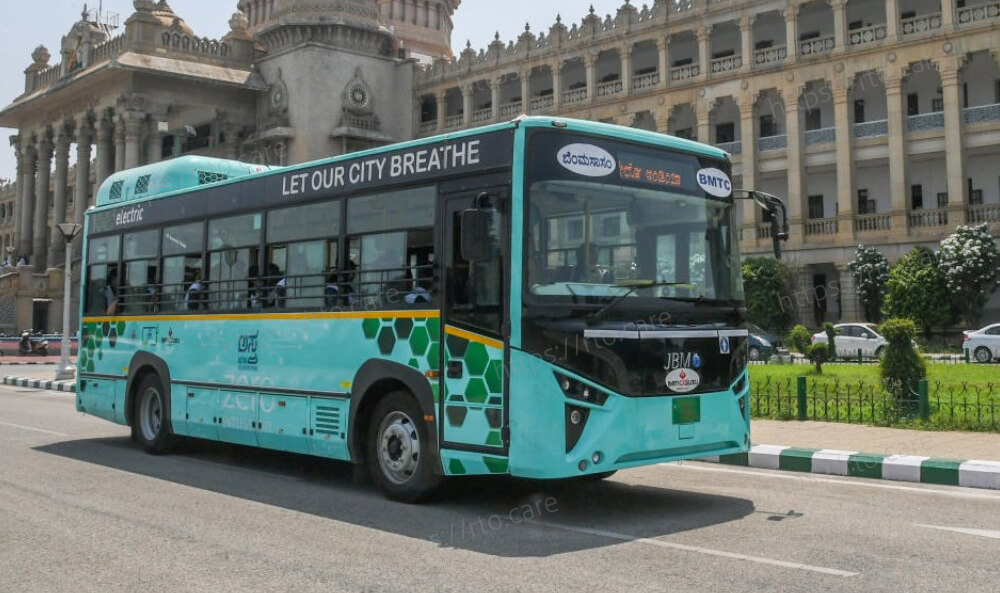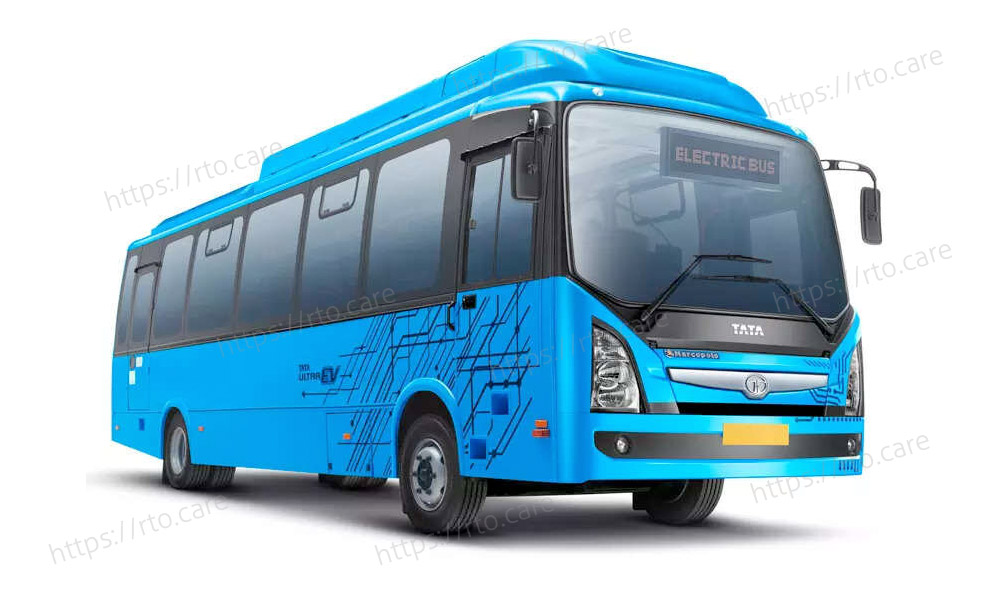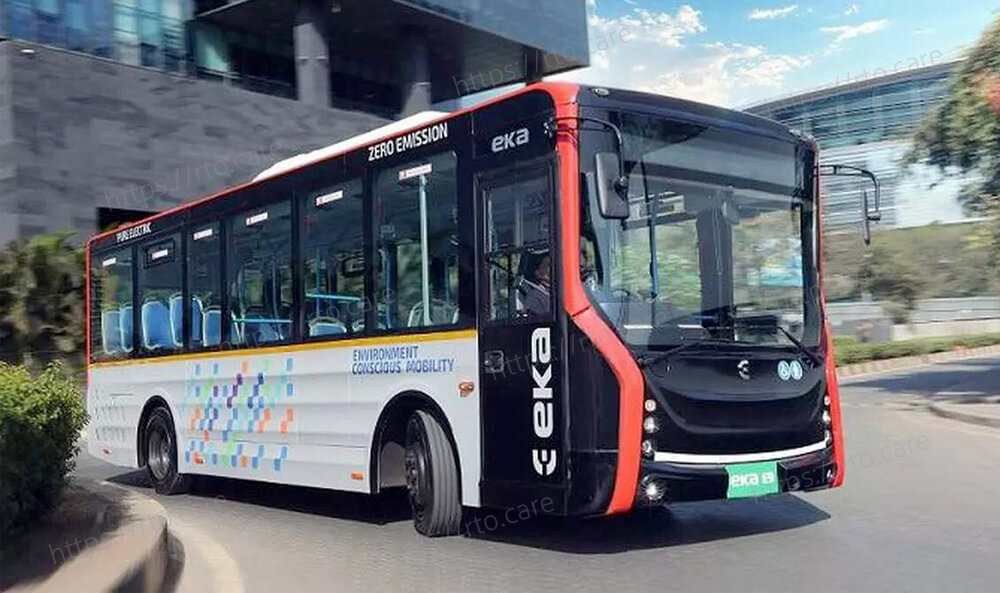India's public transport system faces challenges of inefficiency, financial constraints and lack of professionalism. There is also a lack of widespread information and discussion on the adoption of electric buses. There is a need for a transformational change in the operating structure of the industry.
The central government's recent announcement to deploy 10,000 electric buses in 169 cities under the e-Seva scheme aims to modernize public transport. While the scheme assigns responsibility for bus services to states/cities and envisages government assistance, this approach cannot fully deal with the underlying issues. India's urban and rural areas suffer from an inadequate bus fleet. State Transport Undertakings (STUs) are heavily indebted, a plight shared by all states. The transport demands of the country require a comprehensive strategy for operational aspects, regulatory reforms and establishment of an effective and inclusive public transport ecosystem. India also needs a substantial increase in the number of buses to meet the demand.
The Jawaharlal Nehru National Urban Renewal Mission (JNNURM) sanctioned over 15,000 buses through the Ministry of Urban Affairs and Housing, revolutionizing urban bus transport. However, later years found that bus operation, management and maintenance required a high degree of professionalism, which the STU lacked. Challenges such as route optimization, ridership data management, inadequate command and control mechanisms for operational monitoring, and low-level management highlight operational inefficiencies. The proposed e-seva scheme seems to depend on this flawed institutional structure.
In addition, many state governments have nationalized transport routes, giving STUs significant control over operations. This has resulted in problems for private bus operators, including permit limits and fare restrictions imposed by state road transport authorities, hindering competition and innovation.
The Motor Vehicles Act mandates operators to obtain permits from Regional Transport Offices (RTOs) for specific routes. The state takes advantage of these provisions to suppress competition in favor of protecting STUs, often at the expense of the public interest.
